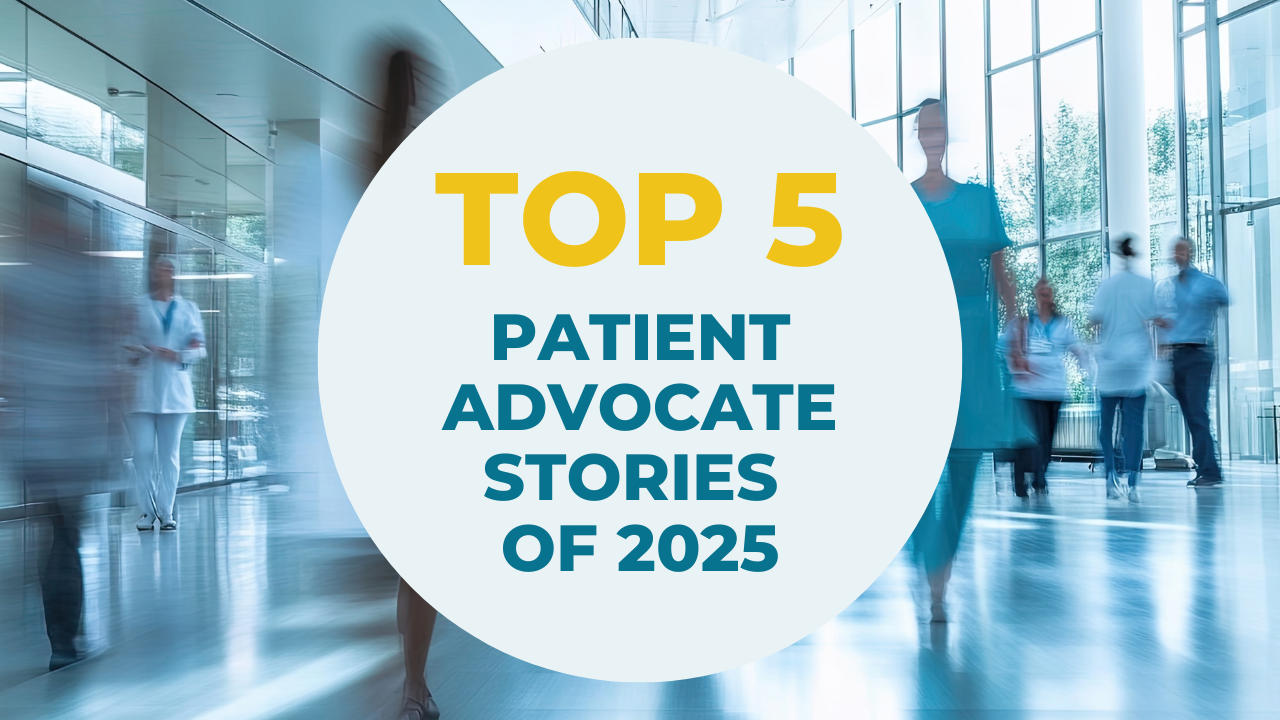
Turning a Rare Disease Into a Lifelong Mission, With Ahmad Anouti, M.D.
Ahmad Anouti, M.D., shares how surviving biliary atresia and a liver transplant inspired him to pursue medicine and advocate for patient-centered care.
By
Lana Pine| Published on September 17, 2025
3 min read
At the Global Liver Institutes’s 2025 Advanced Advocacy Academy (A3) in Washington, D.C., Ahmad Anouti, M.D., a pediatric resident at the University of Texas Southwestern and a liver transplant recipient, shared his personal journey with biliary atresia and how it shaped his path into medicine.
Born in Beirut, Lebanon, Anouti faced challenges from the beginning. Biliary atresia is rare in Lebanon, and his diagnosis was delayed until seven weeks of age. With no local surgeon available to perform the Kasai procedure, his family turned to an American-Lebanese surgeon visiting relatives in Beirut, who operated pro bono when Anouti was 77 days old. This procedure allowed him to live relatively healthily through childhood, though he experienced infections and complications along the way.
At 16, his health worsened when he developed hepatopulmonary syndrome, requiring oxygen and ultimately a liver transplant. Because Lebanon had no active transplant program, Anouti traveled abroad for the procedure in 2013. His recovery was complex: He experienced acute cellular rejection, viral infections and posttransplant lymphoproliferative disease (PTLD), requiring a year of treatment. Despite these obstacles, he recovered and the experience inspired his pursuit of medicine.
Anouti describes his medical journey not as a burden but as a blessing, one that gave him purpose and perspective. He believes his struggles instilled a passion to serve others at their most vulnerable moments and to contribute to improving health care systems. He emphasizes that medicine is both beautiful and flawed, and patients like him can play a role in driving progress.
His involvement with A3 began in 2023, after connecting with hepatology leaders at UT Southwestern. Initially invited to share his story and speak on liver health literacy, his role grew to include talks on clinical trials and, most recently, patient-centered care. Anouti highlighted how A3 has expanded in scope and impact, uniquely amplifying patient voices and fostering collaboration between patients, providers and advocates. He sees it as a space where patients are empowered to contribute to research, advocacy and self-improvement.
Anouti urged greater awareness of liver health. He reminded attendees that while liver disease may not cause immediate symptoms, once the liver fails, consequences are severe. His advice: Take health seriously, live with moderation and recognize that caring for one’s liver is essential to living a long and healthy life.

